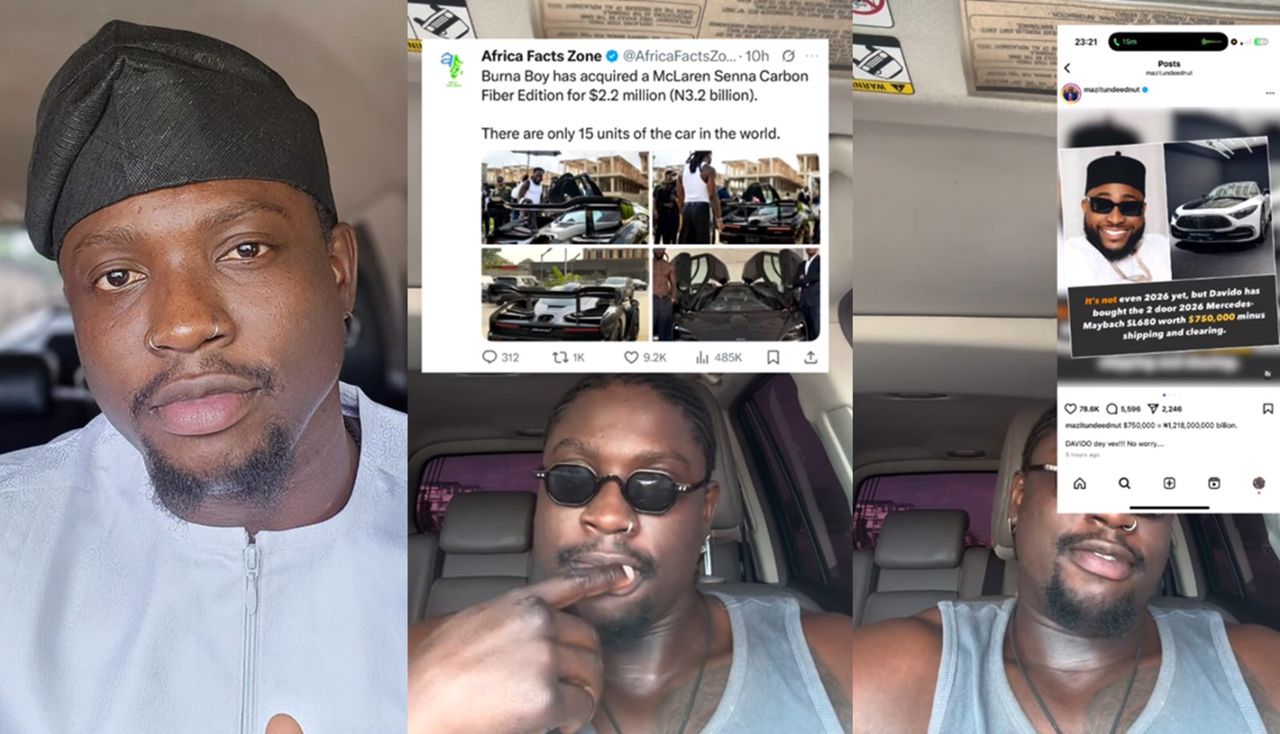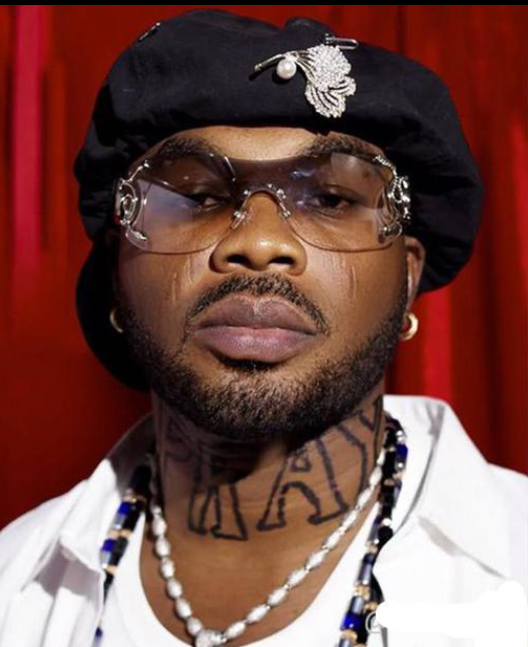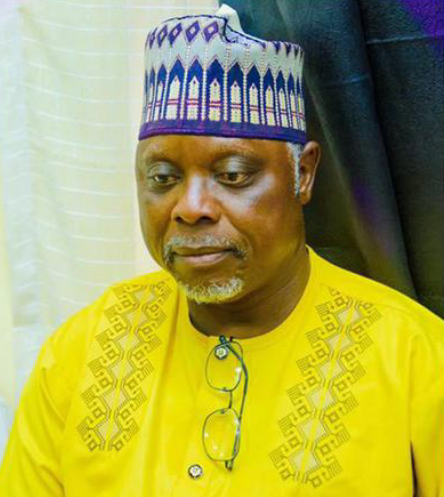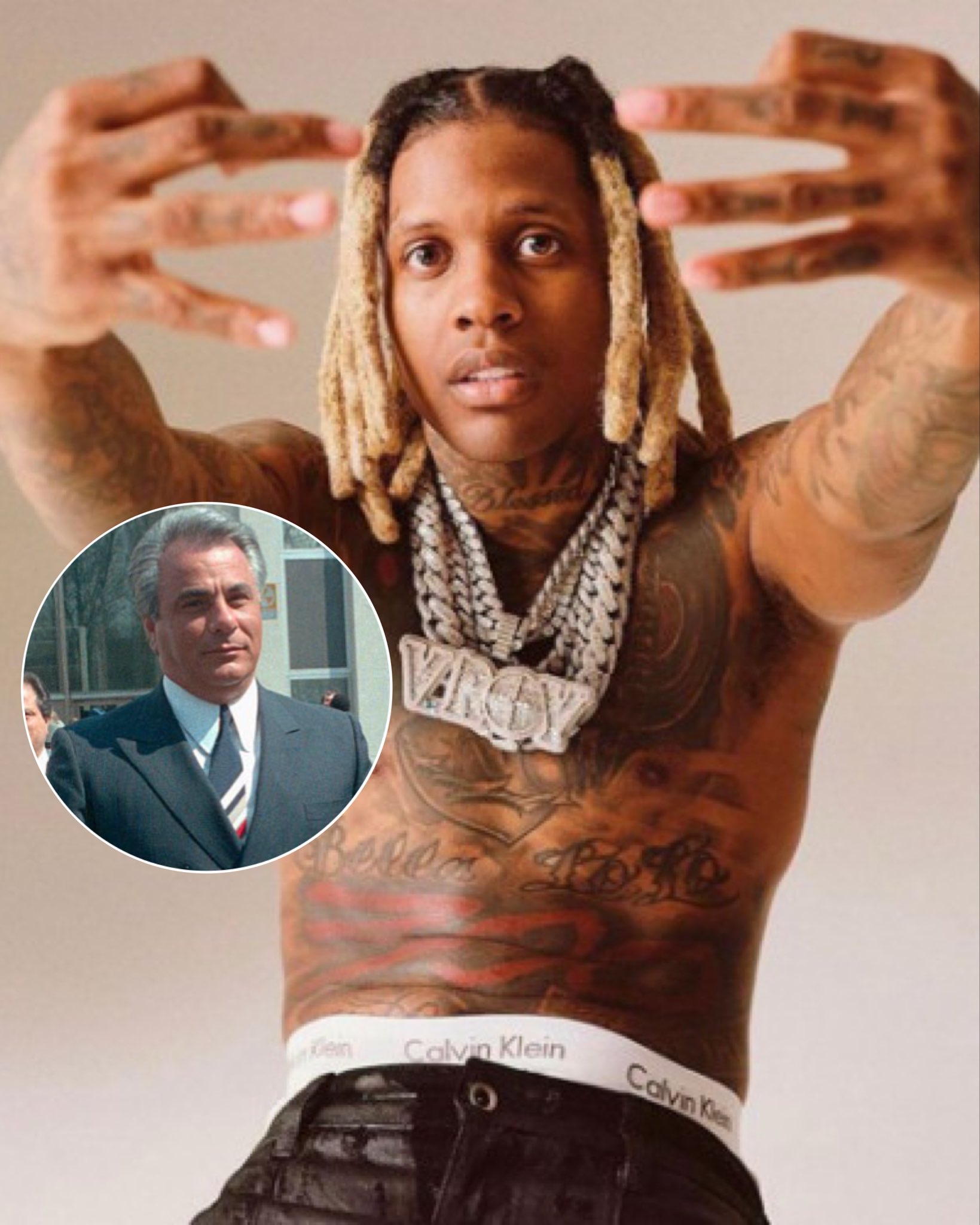
‘Don’t You People Read the Room?’ — VeryDarkMan Blasts Burna Boy, Davido, Wizkid Over Lavish Car Buys Amid Nigeria’s Hardship

In a nation grappling with rising inflation, worsening unemployment, and daily economic anxieties, Nigerian social commentator and activist VeryDarkMan has sparked a fiery debate online after publicly questioning three of Nigeria’s biggest musical exports—Burna Boy, Davido, and Wizkid—over their recent purchase of ultra-luxury vehicles. In a video that has since gone viral across social media platforms, the outspoken critic called out the Afrobeat giants with a piercing rhetorical jab: “Don’t you people read the room? What have your fans benefited from you?” The statement has ignited a storm of reactions and raised deeper questions about celebrity responsibility, wealth display, and the disconnect between Nigeria’s elite and its struggling masses.
The video, originally posted on Instagram but now circulating on TikTok, X (formerly Twitter), and YouTube, captures VeryDarkMan in his usual no-holds-barred style, visibly agitated as he delivers a message that some fans have described as long overdue. Referring to the trio’s recent acquisitions—Wizkid’s new Rolls-Royce Cullinan, Burna Boy’s custom-designed Lamborghini, and Davido’s Maybach Virgil Abloh edition—VeryDarkMan didn't hold back. “You people live in a bubble. This is not the time to be flaunting wealth like this. Your fans are hungry. Your fans are broke. Some of them can’t even afford basic necessities,” he declared in the now widely shared clip.
Reactions online have been swift and divided. Some fans of the artists have leapt to their defense, pointing out that Burna Boy, Davido, and Wizkid have all made charitable contributions in the past. Davido, for instance, made headlines in 2021 when he donated over ₦250 million to orphanages across Nigeria, and Wizkid has been involved in various philanthropic efforts, especially around education and healthcare. Burna Boy has also been known to support community development projects in Port Harcourt, his hometown. However, for many, those past acts are not enough to overshadow the perceived insensitivity of flaunting such exorbitant purchases during a time of national crisis.
“You give once in a while and then rub our noses in your wealth every other day. We’re tired,” wrote one user on X, echoing a sentiment that is becoming increasingly common as economic pressures bite deeper into the Nigerian populace. Another commenter added, “We’re not saying don’t enjoy your money, but at least act like you know the country is on fire.”
Nigeria is currently facing one of its most difficult economic periods in recent history. The naira continues to struggle against major global currencies, fuel prices are at historic highs, and the minimum wage remains paltry compared to the actual cost of living. For millions of Nigerians, especially the youth, life has become an ongoing hustle, and even basic needs like food, electricity, and transportation have become luxuries. In that context, the sudden flurry of social media posts featuring $500,000 cars parked in marble-tiled driveways hits a little differently—and not in a good way.
VeryDarkMan’s critique cuts to the heart of a growing generational frustration. Celebrities, particularly in Nigeria’s booming Afrobeat scene, have long enjoyed the admiration and loyalty of fans who see them as symbols of success, hope, and global recognition. But that admiration is beginning to sour in some corners, as more Nigerians question what, if anything, they are receiving in return from these cultural icons. “We buy your music, we stream your songs, we fight your online wars, we sell out your shows. What have we gained from it? Just vibes and suffering?” another user wrote in the comment section of the viral video.
It’s a tension that isn't new, but one that is becoming harder for celebrities to ignore. The call for social responsibility among public figures is getting louder, especially in countries where systemic issues make the wealth gap more visible and painful. Many fans aren’t demanding that celebrities become activists or empty their bank accounts, but they are calling for awareness, empathy, and a better understanding of timing and context. In that light, VeryDarkMan’s rebuke feels less like an attack and more like a plea for consciousness.
Notably, none of the artists involved have directly responded to VeryDarkMan’s statements as of the time of this report. Davido, known for his active presence on social media, posted a series of cryptic tweets shortly after the video began trending, one of which simply read, “Haters go hate. I go celebrate.” Burna Boy, who has often brushed off criticism, recently shared photos of his new ride with the caption “Hard work pays.” Wizkid, as is his style, has remained silent, letting the luxury of his lifestyle do the talking.
While fans debate whether these responses—or lack thereof—are justified, the conversation sparked by VeryDarkMan isn’t going away. It taps into a wider concern about how the elite, particularly in entertainment, interact with the reality of those who support them. It’s also a question about influence—if these stars truly have the cultural power they are believed to hold, then how they choose to wield it matters now more than ever.
In a world increasingly driven by visibility and online optics, celebrities walk a delicate line between aspiration and alienation. What was once celebrated as “showing us what’s possible” is now being viewed, by some, as tone-deaf flexing. The rules of engagement are shifting, and fans are no longer content with mere entertainment. They want accountability. They want relevance. They want to feel seen.
Whether Burna Boy, Davido, and Wizkid take VeryDarkMan’s criticism to heart remains to be seen. But what is clear is that the age of uncritical celebrity worship in Nigeria is beginning to fade. As people grapple with real-world struggles, the demand for socially aware and emotionally intelligent public figures is becoming louder and more insistent. Flashy cars and designer clothes may still dazzle, but increasingly, it’s authenticity, empathy, and impact that win hearts.
As one user succinctly put it, “Your Ferrari doesn’t feed me. Your Rolls doesn’t give me hope. Your Maybach doesn’t teach me how to survive. If you can’t offer more than flex, then maybe you’re not the idol we thought you were.”


